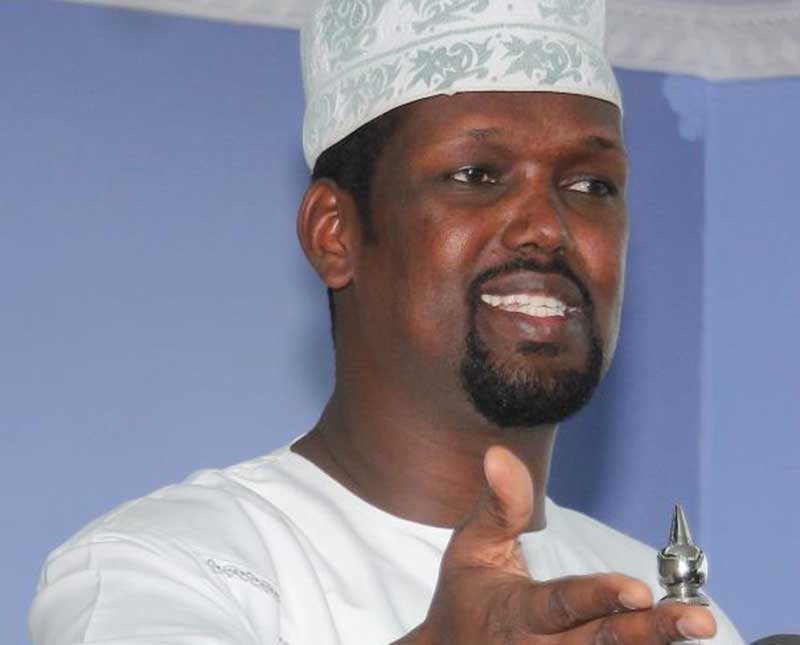×
The Standard e-Paper
Join Thousands Daily

When Mandera Governor Ali Roba was elected, he came face to face with realities of insecurity in his county when he was told that the swearing-in ceremony could not be conducted in public.
No public baraza had been conducted in this area between 2010 and 2013. But, ironically, the man who has survived three terror attacks stood firm that the event had to take place at Moi Stadium.